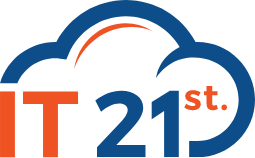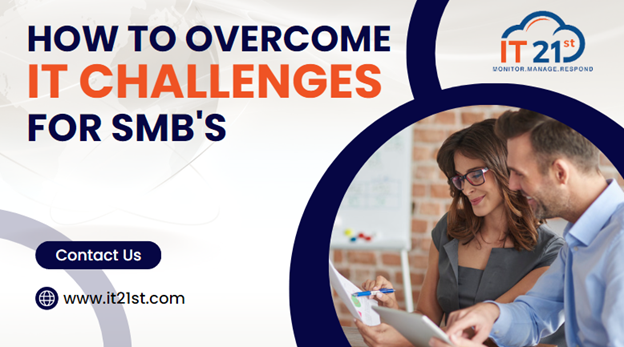The most common comment that we hear from our clients is “IT costs too much.” In most cases businesses look at the lump sum amount of Hardware, Software, Infra-structure and support as a single IT cost. But in order to achieve true IT cost savings each of these categories has to be separated and evaluated individually. Here are a few suggestions on how to save money and reduce your IT expenses:
- Perform a Technology audit. The perfect starting point is gathering all of your technology related bills and contracts (include power bills too) and analyze them one by one.
- Hardware- Take the time to define what your needs are? Consider your needs before purchasing computers, servers or upgrading your network systems. For example, if your computer only needs internet access, the latest powerhouse computer might not be the right fit for you. Same thing with your other hardware. Also, if your devices are over three years old the new hardware may be a good idea. Most enterprises refresh their hardware after three to four years to take advantage of the new technology, which means faster processing speed, lower power consumption and better compatibility with newer hardware and software. Find out if you can use technologies such as virtualization to reduce the number of physical servers? Also, can you use a central printer/scanner vs so many individual printer/scanners, etc. In order to achieve major cost savings, these new technologies are well worth it to explore.
- Software and licensing – Most software are not free and if you take the time to review the number of users who actually use the software and the hardware requirements to run the software, chances are, you’d find you’re paying for a multitude of licenses that you don’t actually need. Or even, you are not using that particular software anymore. You should research, can the main application software be replaced by a better and less expensive one? Do you have custom written applications? Can you replace them with an off the shelf program or vertical package written for that industry? Can any of applications be outsourced? For example your payroll program to a payroll company? If these questions are put to your current vendor or provider the answers may surprise you.
- Infra-Structure- in this category let’s include your power, Internet, phone lines and other hardware. Many businesses have additional services such as phone numbers, IP’s, Cell phone lines and services, T1 lines and old technology circuits such as DSL, modem lines, etc. They can easily be eliminated without causing any interruptions to the operation. Some contracts can be easily negotiated for better and cheaper service. Some companies such as Spectrum are offering no contract services at a reduced price.
- Power Utility Bills- If you are responsible for paying for electricity then any equipment that can be eliminated or comes with a power saving feature is highly desired. Purchase equipment with power saving features or turn your equipment off if you are not using them. If you eliminate the unnecessary servers and workstations your electricity bill will go down and AC is going to run less..
- Don’t be afraid of the cloud. The cloud is still shrouded in uncertainty. But the cloud can eliminate the need for onsite equipment, and the support necessary to keep that equipment going, which will often save you long-term capital and operating costs. In addition, cloud solutions are scalable as your business ebbs and flows.
- Online Backup. The online backup and storage costs have been drastically reduced in the last few years. It is important to get the right package for your online backup but it is worth it to shop around to receive the substantial savings.
- Think about support. Do you have equipment that are no longer have warranty or expired support? Are you paying an excessive amount for support each year but not receiving the support levels that are clearly stated in the Service Level Agreements? Are you stuck in a long term contract? Managed Services agreements nowadays offer a wide variety of services and coverage. A good Managed Services agreement can bring you predictable & scalable costs as well as peace of mind. There is never a time when it’s not worth it to have support on your network. One day lost due to downtime can cost you more than the network system’s worth. Do not take the chance to go without the support.
- Talk to an expert who knows your business and understands the current technology. We all know that guy who “knows all about computers,” but he’s often not your best resource. Also you could have out grown your IT guy. If he or she is not proactively trying to reduce your IT costs and provide you with an ROI, then he/she should be replaced. Consulting with the right IT company that deals with technology on a daily basis could save you thousands of Dollars at the end. The marketplace is full of failed partial attempts at implementing cheaper or wrong technology. The most important factors are:
A) CapEx versus OpEx
B) Predictable costs
C)Scalable costs
D) short term or no term monthly contracts,
They may sound like big words and require a finance degree but in reality they are simple concepts designed to create cost savings. The greatest savings comes from eliminating downtime, implementing security measures, applying automation and improving productivity. As a business owner, we know how busy you are and chances are, you will not be able to singlehandedly handle all the items mentioned here. We at IT21ST can help you figure out how to streamline your operation and save IT expenses by offering a Free and No Obligation Consultation.
Contact us via Email at or by phone at 855-4IT21ST for consultation.



